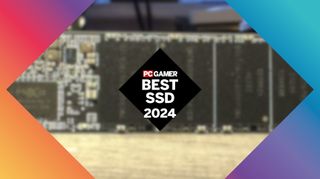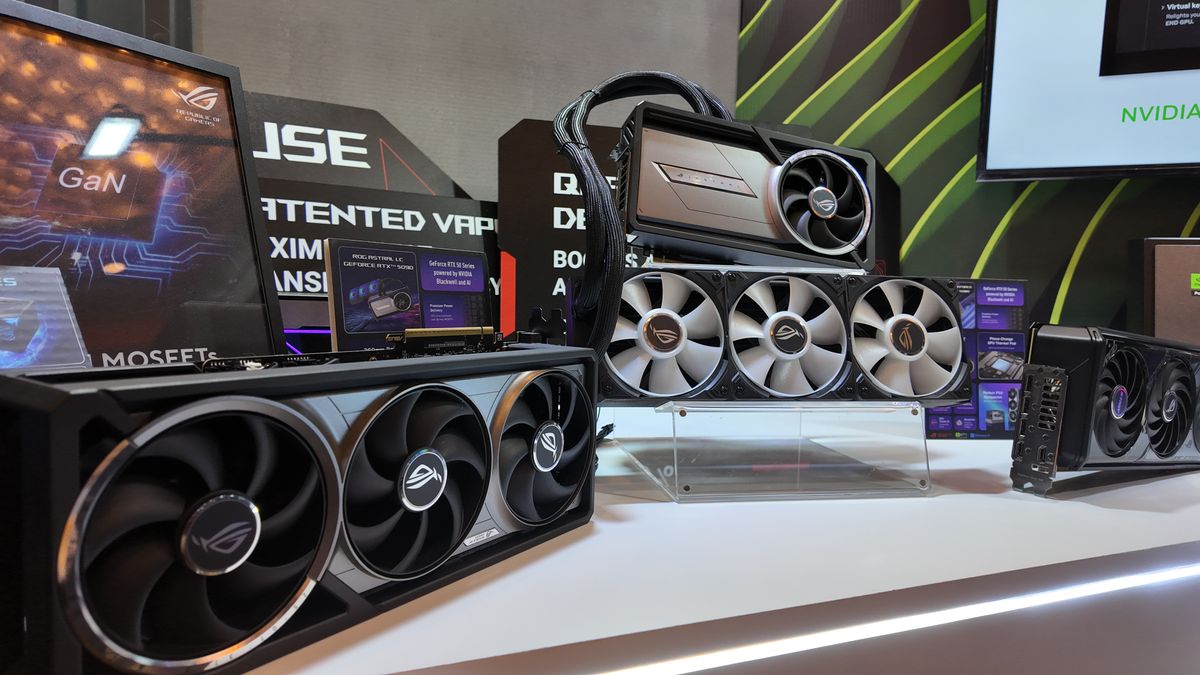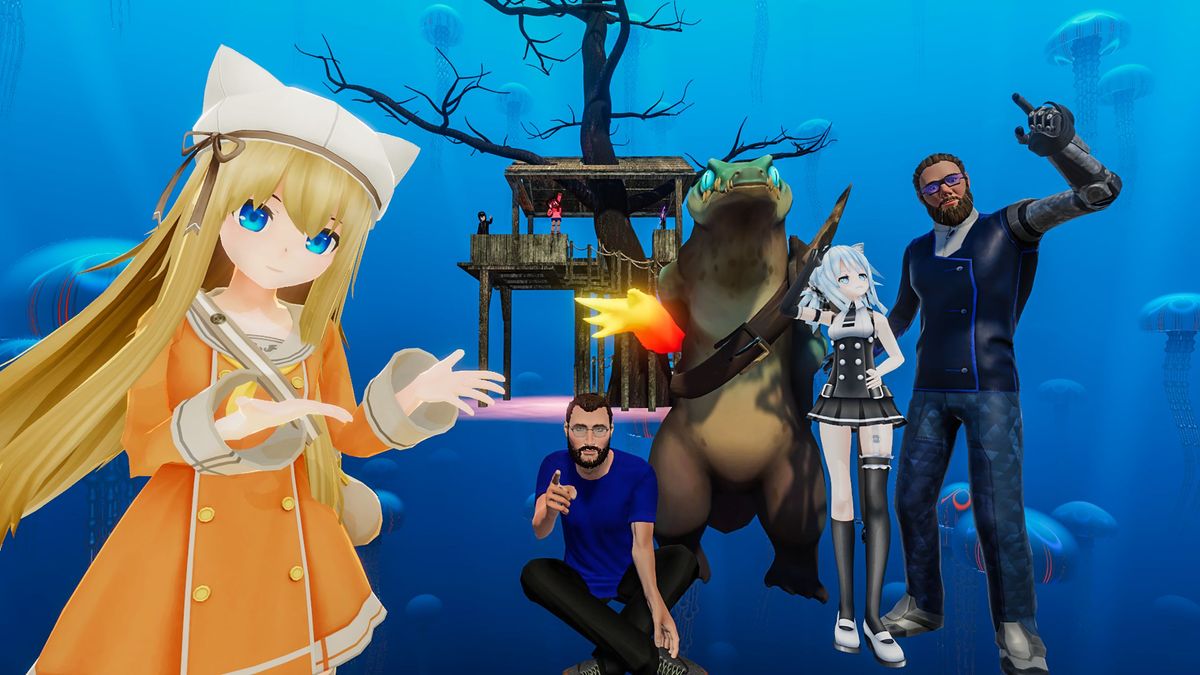Even though there haven't been any major advances in solid state storage this year, it's still been a great 12 months for SSDs. The days of the market being dominated by just one vendor are long gone and the fierce competition, especially from newer companies, has meant getting a fast, spacious SSD has never been easier.
The rise of handheld gaming PCs has meant that 2230 form factor drives have been in high demand, with gamers wanting lots of space for games but without sacrificing performance. Lexar met that challenge head-on with its Play 2230 model and it's by far the best way to improve the storage of your Steam Deck.
Most other handhelds sport at least one fast USB Type-C port, which offers another way of adding more game space to your device, without having to prise the back off. Adata's SD810 is simple, robust, and as speedy as you're going to get for a USB drive.
Of course, traditional M.2 SSDs weren't ignored and over the year, we began to realise that 1 TB drives were rapidly giving way to 2 TB and larger SSDs. So much so, that 4 TB drives are far more affordable than they were just a few years ago and Team Group's MP44 is a great example of such a drive: masses of storage, great performance, and a tempting price to boot.
Those are the models that we've nominated for gaming SSD of 2024 but you'll have to wait until New Year's Eve to see which one is the winner!
Best gaming SSD 2024: the nominees
The winner of the PC Gamer Hardware Award for the best gaming SSD on New Year's Eve. Three very different drives but which one will grab the 2024 crown?

 1 week ago
4
1 week ago
4









 English (US) ·
English (US) ·